New NATO chief on priorities in Afghanistan, Russia
NATO's new chief has staked his reputation on achieving concrete advances in Afghanistan, Balkans, and in relations with Russia during his term, RFE/RL reports.
Monday, 03.08.2009.
16:37

NATO's new chief has staked his reputation on achieving concrete advances in Afghanistan, Balkans, and in relations with Russia during his term, RFE/RL reports. Speaking to reporters in Brussels, former Danish Prime Minister Anders Fogh Rasmussen pledged that NATO's core mission remains unchanged. New NATO chief on priorities in Afghanistan, Russia As before, the alliance will act as "the ultimate security policy" for nearly a billion people in 28 member states in defense of the basic values of freedom, peace, and security. To remain a "pillar of global security," he said, NATO must transform. The secretary-general's role is largely restricted to being the alliance's global face and chairing its meetings, while the real power within the alliance rests with the member states, above all the United States. But as a former prime minister, Rasmussen will expect to wield more authority than his predecessor, former Dutch Foreign Minister Jaap de Hoop Scheffer. NATO's current priorities remain essentially unchanged - the missions in Afghanistan and the western Balkans, and trying to keep Russia on board. In Brussels, Rasmussen reiterated that Afghanistan remains NATO's preeminent, and only global mission. "Our mandate from the United Nations is clear - and so is the importance to global security - to help prevent Afghanistan from becoming again the grand central station of international terrorism," Rasmussen said. "The moral argument is also powerful. Anyone who believes in basic human rights, including women's rights, should support this mission." Rasmussen said more Afghan National Army and Police forces are needed. There were some subtle shifts in emphasis, however. Rasmussen hinted at a certain downscaling of goals, and without using the term "victory" instead defined "success" as transferring to Afghanistan's own security forces responsibility for most of the country by the end of his term. Extra Western military trainers and the expansion of the numbers of both the Afghan National Army and the Afghan National Police are key to this effort. Rasmussen took up his predecessor's efforts to spread responsibility for stabilizing the country. He said NATO is doing "its part" in Afghanistan, but "cannot do it alone." He said more civilian support and backing to Afghan institution building are needed. Referring to the August 20 presidential election, the new NATO chief cautioned his audience that the poll should not be expected to meet the same standard people in the West are accustomed to. The criterion of success there, he said, is that the results be "credible" for the Afghan population. Moving down the list of priorities to Russia, Rasmussen said NATO is looking for a "strategic partnership," despite some recent "fundamental" disagreements. "It is obvious that there will be fundamental issues on which we disagree. We have to insist, for example, that Russia fully complies with its international obligations, including respecting the territorial integrity and political freedom of its neighbors," Rasmussen said. "But we cannot let those areas of disagreement poison the whole relationship." Subtly, Rasmussen appeared to shift the onus for this onto Russia. He said the country's leadership and people "must understand NATO is not an enemy or against Russia." NATO's new secretary-general argued that "shared interests" must prevail, listing counterterrorism, Afghanistan, nonproliferation, and the fight against piracy as preeminent mutual concerns. Without once mentioning Georgia or Ukraine by name, Rasmussen also promised NATO will not shelve its policy of expansion. "I am fully committed to the principle of NATO's open door," he said. "Membership is not a right. Countries must be ready. But NATO enlargement already demonstrated its power to spread stability and promote reforms. I expect that will continue during my tenure." Finally, Rasmussen said he wants NATO's stability force in Kosovo, KFOR, to dwindle to a "small reaction force" or leave altogether by the end of his term. Anders Fogh Rasmussen (Beta/AP)
New NATO chief on priorities in Afghanistan, Russia
As before, the alliance will act as "the ultimate security policy" for nearly a billion people in 28 member states in defense of the basic values of freedom, peace, and security. To remain a "pillar of global security," he said, NATO must transform.The secretary-general's role is largely restricted to being the alliance's global face and chairing its meetings, while the real power within the alliance rests with the member states, above all the United States.
But as a former prime minister, Rasmussen will expect to wield more authority than his predecessor, former Dutch Foreign Minister Jaap de Hoop Scheffer.
NATO's current priorities remain essentially unchanged - the missions in Afghanistan and the western Balkans, and trying to keep Russia on board.
In Brussels, Rasmussen reiterated that Afghanistan remains NATO's preeminent, and only global mission.
"Our mandate from the United Nations is clear - and so is the importance to global security - to help prevent Afghanistan from becoming again the grand central station of international terrorism," Rasmussen said.
"The moral argument is also powerful. Anyone who believes in basic human rights, including women's rights, should support this mission."
Rasmussen said more Afghan National Army and Police forces are needed.
There were some subtle shifts in emphasis, however. Rasmussen hinted at a certain downscaling of goals, and without using the term "victory" instead defined "success" as transferring to Afghanistan's own security forces responsibility for most of the country by the end of his term.
Extra Western military trainers and the expansion of the numbers of both the Afghan National Army and the Afghan National Police are key to this effort.
Rasmussen took up his predecessor's efforts to spread responsibility for stabilizing the country. He said NATO is doing "its part" in Afghanistan, but "cannot do it alone." He said more civilian support and backing to Afghan institution building are needed.
Referring to the August 20 presidential election, the new NATO chief cautioned his audience that the poll should not be expected to meet the same standard people in the West are accustomed to. The criterion of success there, he said, is that the results be "credible" for the Afghan population.
Moving down the list of priorities to Russia, Rasmussen said NATO is looking for a "strategic partnership," despite some recent "fundamental" disagreements.
"It is obvious that there will be fundamental issues on which we disagree. We have to insist, for example, that Russia fully complies with its international obligations, including respecting the territorial integrity and political freedom of its neighbors," Rasmussen said.
"But we cannot let those areas of disagreement poison the whole relationship."
Subtly, Rasmussen appeared to shift the onus for this onto Russia. He said the country's leadership and people "must understand NATO is not an enemy or against Russia."
NATO's new secretary-general argued that "shared interests" must prevail, listing counterterrorism, Afghanistan, nonproliferation, and the fight against piracy as preeminent mutual concerns.
Without once mentioning Georgia or Ukraine by name, Rasmussen also promised NATO will not shelve its policy of expansion.
"I am fully committed to the principle of NATO's open door," he said. "Membership is not a right. Countries must be ready. But NATO enlargement already demonstrated its power to spread stability and promote reforms. I expect that will continue during my tenure."
Finally, Rasmussen said he wants NATO's stability force in Kosovo, KFOR, to dwindle to a "small reaction force" or leave altogether by the end of his term.












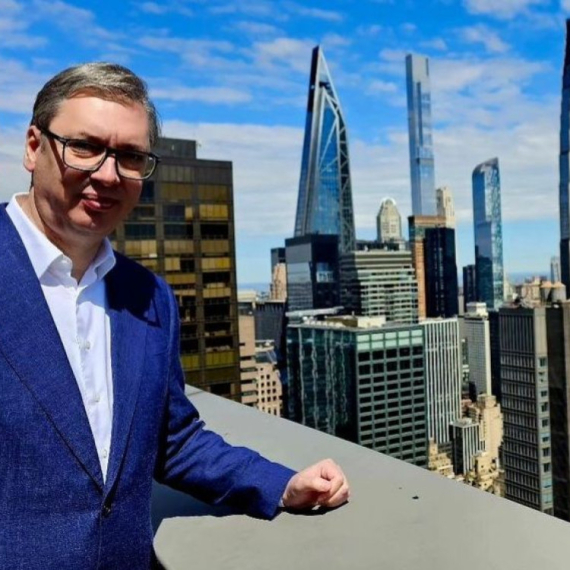
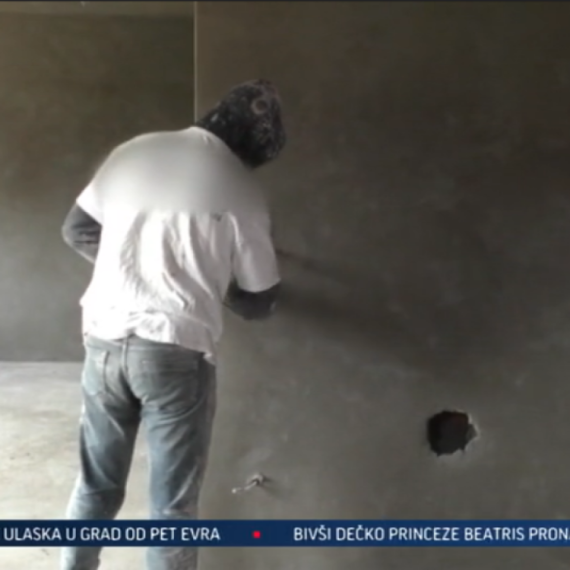
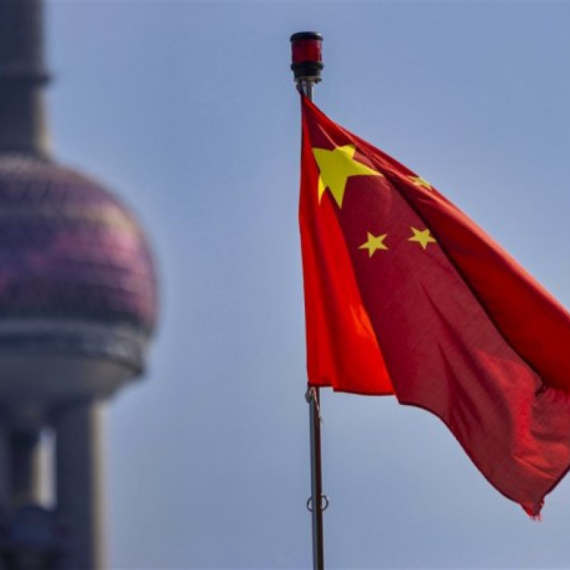


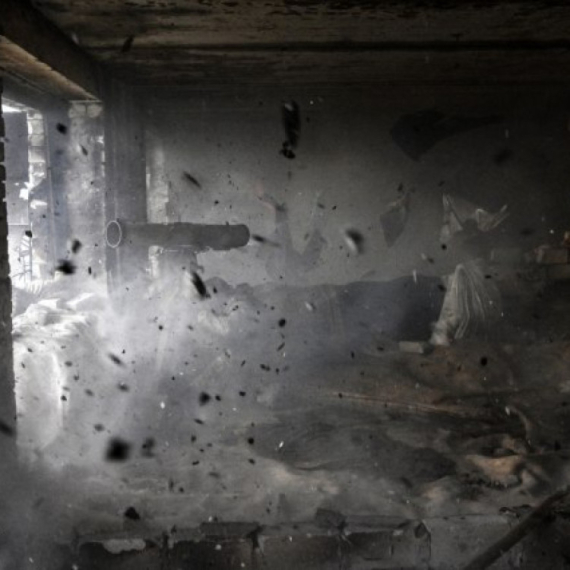

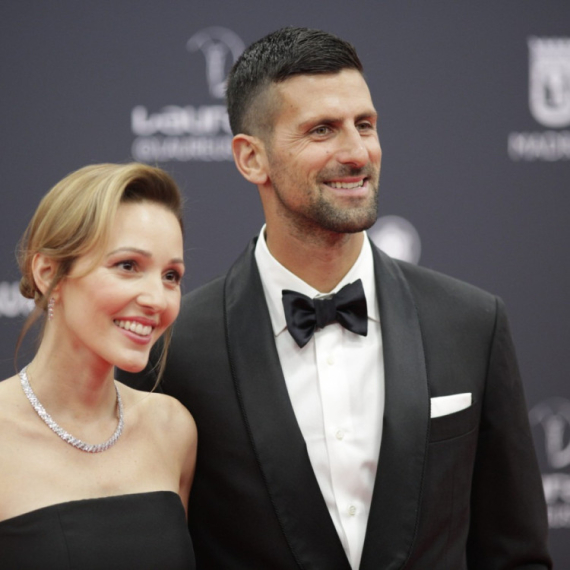
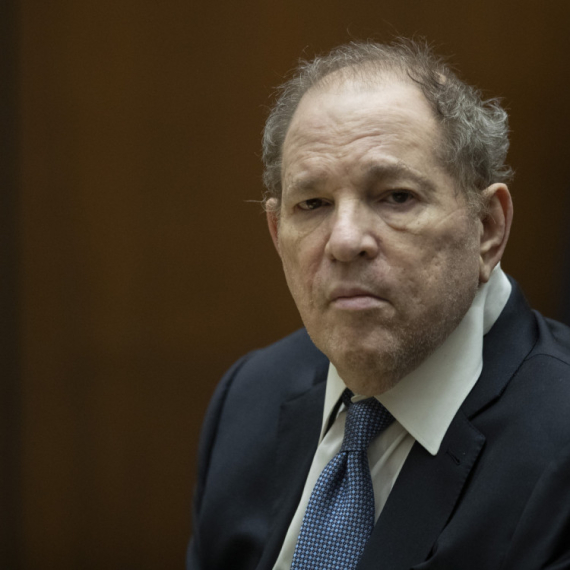




































Komentari 1
Pogledaj komentare